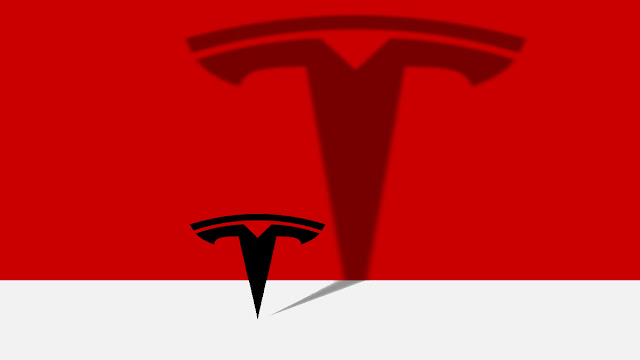For the first time in the past decade, lithium-ion battery pack costs increased in 2022 due to the raw material and battery component soaring price inflation. However, this increase in production cost has not slowed down the global electric vehicle (EV)market. Electric vehicle sales have increased tremendously over the past decade.
The Asia-Pacific region was the leading market for battery-electric vehicles, propelled by the Chinese new energy vehicle market. Chinese manufacturers hoisted themselves in the global rankings in 2022, with BYD overtaking the American EV giant Tesla based on plug-in electric vehicle (PEV) sales. In 2022, BYD reported global PEV market shares of over 18 percent, compared to Tesla’s 13 percent. That year, seven of the ten best-selling plug-in electric models worldwide were from Chinese brands, though Tesla’s Model Y topped the ranking.
The market potential has recently attracted the interest of big technology companies, such as Apple and Sony, which have announced the development of their own electric vehicle models.
Scholarships in Canada for International Students
Race to electric vehicle adoption and innovation
While the electric vehicle (EV) industry has a long way to go to reach the same sales levels as the business for conventional automobiles, the new sales record would mean that the market share of electric vehicles increased from roughly 8.7 percent in 2021 to about 14 percent in 2022. This rapid market growth is propelled by constant innovation in electric vehicle technologies, funded by growing investments in the sector. Governmental spending on electric cars reached around 45 billion current U.S. dollars in 2022, the steepest increase recorded in the past five years. Regional institutions and national governments are committing to policies supporting electric vehicle adoption worldwide, with around 97 percent of the light-duty vehicle market comprising countries with these policies.
Companies are also increasing their investments in electric vehicles through rising research and development (R&D) costs. Volkswagen—one of the only European automakers to rank among the best-selling battery-electric vehicle manufacturers, along with the Chinese and Swedish Geely-Volvo joint venture—was the automotive producer with the highest R&D spending in 2021 as part of the group’s efforts to electrify its model portfolio.
Electric vehicle accessibility is projected to be one of the main challenges for the industry. While the COVID-19 pandemic has led to an increase in consumer interest in the EV market, recent studies in the United States found that around four-fifths of the country’s states were not considered accessible markets for consumers interested in purchasing an EV. To curb these accessibility issues, some governments have put financial subsidies at purchase in place, though the effectiveness of these programs also depends on customers’ access to them.
Environmental framework
Government agencies, including the Environmental Protection Agency (EPA) in the United States, are increasingly beginning to introduce limits on nitrogen oxide and carbon dioxide emissions. Automakers are expected to be penalized if they fail to meet these limits. Despite the new regulations, standards, and goals in effect, opponents are right to criticize that the sources of electricity employed to power electric cars, as well as the materials (including cobalt, nickel, and lithium) used in car batteries, are generally not taken into consideration when it comes to calculating a vehicle’s carbon footprint. On the consumer level, the regular power grid was the leading power source drivers reported intending to use to charge their EVs in selected countries, in part due to its accessibility when compared to alternative power sources.
Electric vehicle accessibility is one of the challenges which could exacerbate consumers’ reliance on the regular power grid. Most car buyers surveyed expected to charge their vehicles at home. However, the cost of private charging installation was often perceived as prohibitive to consumers’ access to this type of charging. While range anxiety still ranked among consumers’ main concerns, answers to another survey suggest that the lack of charging stations in customers’ cities or routes was the leading factor discouraging EV purchases. This growth opportunity has led electric mobility start-ups involved with charging technology to receive the most venture capital investments across e-mobility start-ups.
Automakers worldwide will have to focus on clean fuel sources and sustainable supply chains. In 2015, Volkswagen experienced how disrespecting emerging environmental regulations may hurt its brand image. The company started delivering its electric ID.4 model in 2020 and consistently ranked among the best-selling EV brands. By 2022, the Volkswagen Group was the fourth leading EV automaker worldwide.

